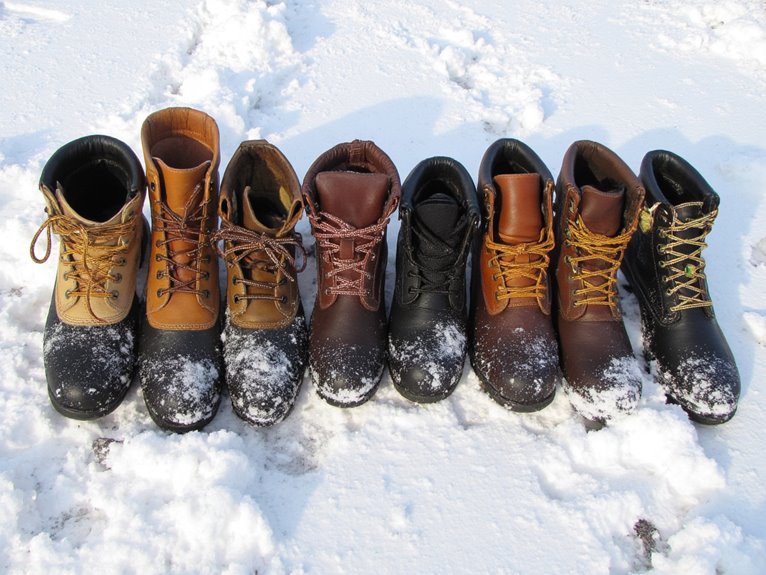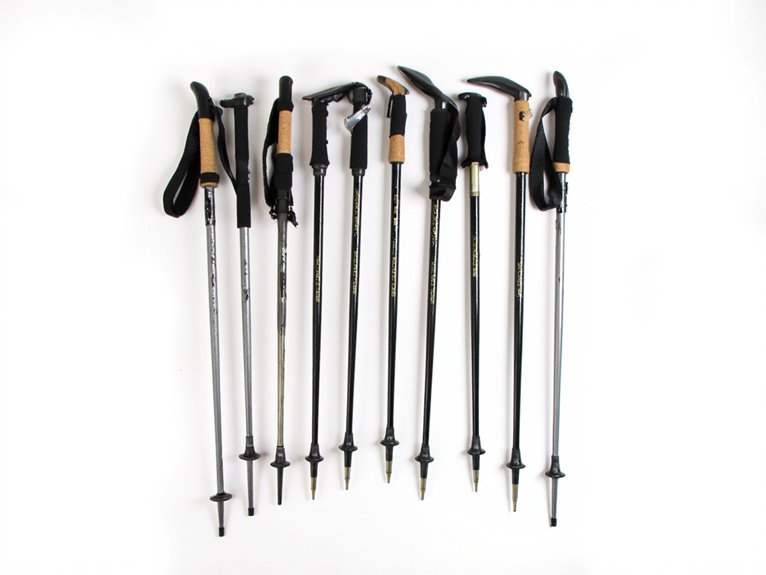What Is the Best Way to Carry Money When Traveling?
Carrying money safely and conveniently while traveling abroad requires a combination of traditional and modern methods to facilitate easy access to funds while minimizing risk. Cash remains a widely accepted option, but it's essential to divide it into smaller amounts and store them securely. Credit cards offer convenience and rewards, while debit cards provide direct access to funds with competitive exchange rates. Consider prepaid travel cards, traveler's checks, and digital wallets for added security and control. To maximize safety and flexibility, consider combining these methods and exploring additional strategies for protecting your finances on the go. Further exploration will reveal more tailored solutions for your travel needs.
We are supported by our audience. When you purchase through links on our site, we may earn an affiliate commission, at no extra cost for you. Learn more. Last update on 12th December 2025 / Images from Amazon Product Advertising API.
Cash: The Classic Travel Option
Carrying cash remains a widely accepted and traditional method of payment when traveling abroad.
Having some local currency upon arrival is vital, especially for small purchases or in situations where credit cards are not accepted.
When carrying cash, it's imperative to keep it safe and secure. Divide your cash into smaller amounts and store them in different places, such as in a money belt, wallet, or pocket.
Avoid carrying large amounts of cash and use a hotel safe or a secure locker to store excess funds.
Additionally, make photocopies of your cash and important documents, leaving a copy with a trusted friend or family member in case of an emergency.
Credit Cards: Convenience and Rewards
In the realm of credit cards, the advantages extend beyond mere convenience.
Two key benefits of using credit cards while traveling are earning travel rewards and avoiding foreign transaction fees.
Earning Travel Rewards
Many travelers have discovered that credit cards offering travel rewards can be a valuable tool in their financial arsenal. These cards reward users with points or miles for every dollar spent, which can be redeemed for flights, hotel stays, and other travel-related expenses. By choosing the right credit card, travelers can earn rewards that align with their travel habits and preferences.
- Accumulate points or miles: Earn rewards on everyday purchases, which can be redeemed for travel bookings or upgrades.
- Flexibility and redemption options: Redeem points or miles for flights, hotels, or other travel-related expenses, often with no blackout dates or restrictions.
- Enhanced travel experiences: Enjoy upgraded seats, VIP lounge access, or luxury hotel stays, all while earning rewards that can be redeemed for future travel.
Zero Foreign Fees
Travelers who venture abroad often find that foreign transaction fees can add up quickly, but credit cards with zero foreign fees can provide a convenient and cost-effective solution.
These cards eliminate the 1-3% foreign transaction fee typically charged by banks and credit card companies.
This can lead to significant savings, especially for frequent travelers or those making large purchases abroad.
Additionally, many credit cards with zero foreign fees also offer rewards programs, allowing travelers to earn points or cashback on their international purchases.
When choosing a credit card for travel, look for those with no foreign transaction fees, a competitive exchange rate, and a rewards program that aligns with your travel habits.
Debit Cards: Direct Access to Funds
When traveling abroad, debit cards can be a convenient and cost-effective way to access your funds.
Many debit cards do not charge foreign transaction fees, allowing you to withdraw cash or make purchases without incurring additional costs.
Additionally, debit cards often provide easy access to cash at ATMs, making them a reliable option for managing your travel expenses.
No Foreign Transaction Fees
Using a debit card with no foreign transaction fees provides direct access to your funds, eliminating the need to carry large amounts of cash while traveling abroad. This convenient option allows you to make purchases or withdraw cash from ATMs without incurring additional fees.
When choosing a debit card with no foreign transaction fees, consider the following benefits:
- No surprise charges: Avoid unexpected fees when making international transactions.
- Competitive exchange rates: Get a fair exchange rate without additional markups.
- Widespread acceptance: Use your debit card at millions of merchants and ATMs worldwide.
Easy Cash Withdrawal
With a debit card offering direct access to your funds, you can withdraw local currency at an ATM whenever you need it, eliminating the hassle of carrying large amounts of cash.
This convenience allows you to manage your expenses more efficiently, as you can withdraw only what you need, when you need it.
Additionally, debit cards often come with lower or no foreign transaction fees, making them an attractive option for international travel.
Be sure to inform your bank of your travel plans to avoid any transaction issues.
Prepaid Travel Cards: Security and Control
A prepaid travel card offers a secure and controlled way to carry money abroad, allowing travelers to load funds in local currencies and set daily spending limits to prevent overspending. This type of card provides an added layer of security, as it's not linked to a personal bank account, and can be easily replaced if lost or stolen.
Three key benefits of prepaid travel cards are:
Real-time currency conversion: Load funds in the local currency of your destination, eliminating the need for currency exchange.
Daily spending limits: Set a daily limit to control your expenses and avoid overspending.
Card protection: If your card is lost, stolen, or compromised, you can quickly freeze or cancel it, minimizing potential losses.
Traveler's Checks: A Traditional Alternative
Traveler's checks, a traditional alternative to prepaid travel cards, provide a widely accepted, secure payment method for international travel.
They can be purchased at banks or online, and denominations vary from $20 to $1,000.
Traveler's checks are protected by a PIN or signature, making them a secure way to carry large amounts of money. If lost or stolen, they can be replaced, usually within 24 hours.
Many merchants worldwide accept traveler's checks, including hotels, restaurants, and shops.
Although less popular than prepaid cards, traveler's checks remain a reliable option for travelers who prefer a more traditional payment method.
They can be exchanged for local currency at banks, currency exchange offices, or hotels.
Digital Wallets: Contactless Payments
As an alternative to traditional payment methods, digital wallets have emerged as a convenient and secure way to carry money while traveling, offering contactless payment options that eliminate the need to carry cash or cards.
Digital wallets, such as Apple Pay, Google Pay, and Samsung Pay, allow users to store their credit or debit card information securely and make payments with a mere tap of their device. This method is not only convenient but also reduces the risk of loss or theft.
Contactless payments: Make payments without the need for cash or cards.
Enhanced security: Digital wallets often employ advanced security measures, such as biometric authentication and encryption.
Easy tracking: Keep track of your expenses and transactions digitally, making it easier to manage your travel budget.
Money Belts and Hidden Pouches: Secret Storage
When exploring unfamiliar destinations, securing valuables is paramount, which is where money belts and hidden pouches come into play, offering discreet and protected storage for travelers' financial essentials.
These cleverly designed accessories provide a safe and covert way to carry cash, credit cards, and passports.
Money belts are typically worn under clothing, while hidden pouches can be attached to a waistband or belt.
Both options allow travelers to keep their valuables close without drawing attention to themselves.
By distributing the weight of their belongings, money belts and hidden pouches can also help prevent theft and loss.
For added peace of mind, consider combining these secret storage solutions with other secure carrying methods, such as a secure wallet or purse.



